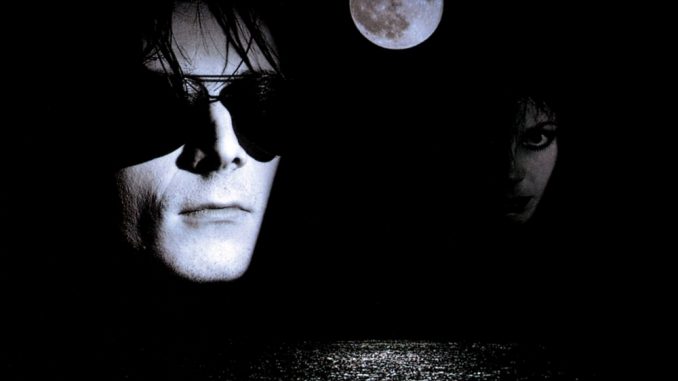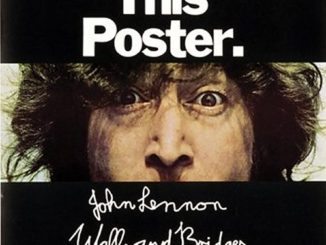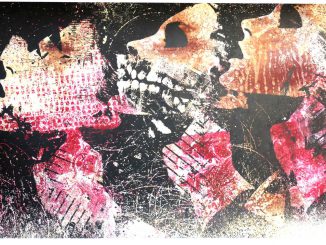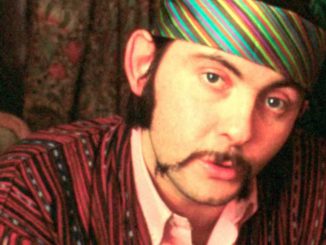
On November 13th, 1987, The Sisters Of Mercy released their second – and possibly best album, Floodland. Thirty years later, the album still feels just as powerful.
After their excellent 1985 debut, First, Last and Always, Sisters of Mercy main man Andrew Eldritch decided on a change of pace. He began making music as The Sisterhood, while the remaining original line up went on to form The Mission. While The Sisterhood had its moments, it was clear Eldritch was itching to perform as the band he founded despite the legal issues surrounding the bands members at the time. A single by The Sisterhood was advertised as This Corrosion. Today, that remains unreleased in its original form, but the song itself would form the basis of a comeback for The Sisters of Mercy in 1987.
Eldritch wrote and oversaw the recording of Floodland, essentially making it a solo record, while working on both sides of the Atlantic and enlisting Jim Steinman for production duties on some tracks. It was a departure from goth rock of First, Last and Always, as Eldritch began to dip his toes into a more grandiose way of music.
Dominion/Mother Russia kicks the album off in an almost theatrical way. The heavy drum machine sound and looming bass work of Patricia Morrison created a dark and moody wall of sound. It gives way to the bitterly beautiful This Corrosion, where Eldritch takes a number of veiled stabs at his former band mates. One of the albums highlights come in Lucretia, My Reflection, where Eldritch compares the aforementioned Morrison to a Lucrezia Borgia type character.
While the 1990 follow up, Vision Thing, had it’s moments of glory, nothing could ever top this masterpiece of an album. It transcends the goth rock and darkwave tropes of the mid-’80s, and cemented The Sisters of Mercy’s place as one of the most important bands of the time.
Head to our store for more from The Sisters of Mercy.
eil.com… the world’s largest online retailer of rare and out of print vinyl, CDs and music memorabilia – since 1987.




Be the first to comment